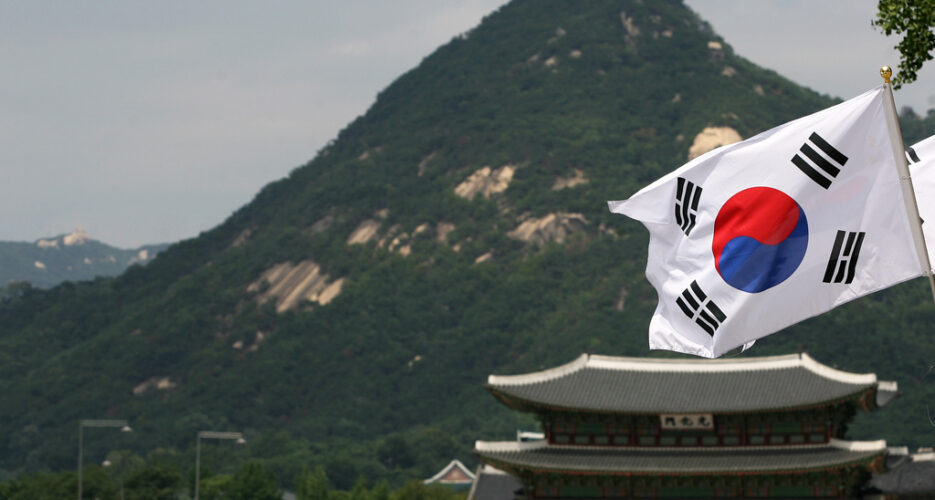About the Author
Markus Bell
Dr. Markus Bell is a cultural anthropologist and a research fellow at La Trobe University. His new book, Outsiders: Memories of Migration to and from North Korea is available in paperback now. Find him on Twitter.

Get behind the headlines
|
Evergreen Why South Korea treats North Korean defectors differently to other refugeesEthnic nationalism, culture likely major reasons  A year on from the sudden arrival of some 500 Yemeni refugees on the resort island of Jeju, it is worth asking why non-North Korean refugees are generally not as accepted in South Korea. What does South Korea’s failure to provide moral leadership in the face of a global refugee crisis tell us about entrenched ideologies of ethnic nationalism in one of the region’s wealthiest liberal democratic states? © Korea Risk Group. All rights reserved. |